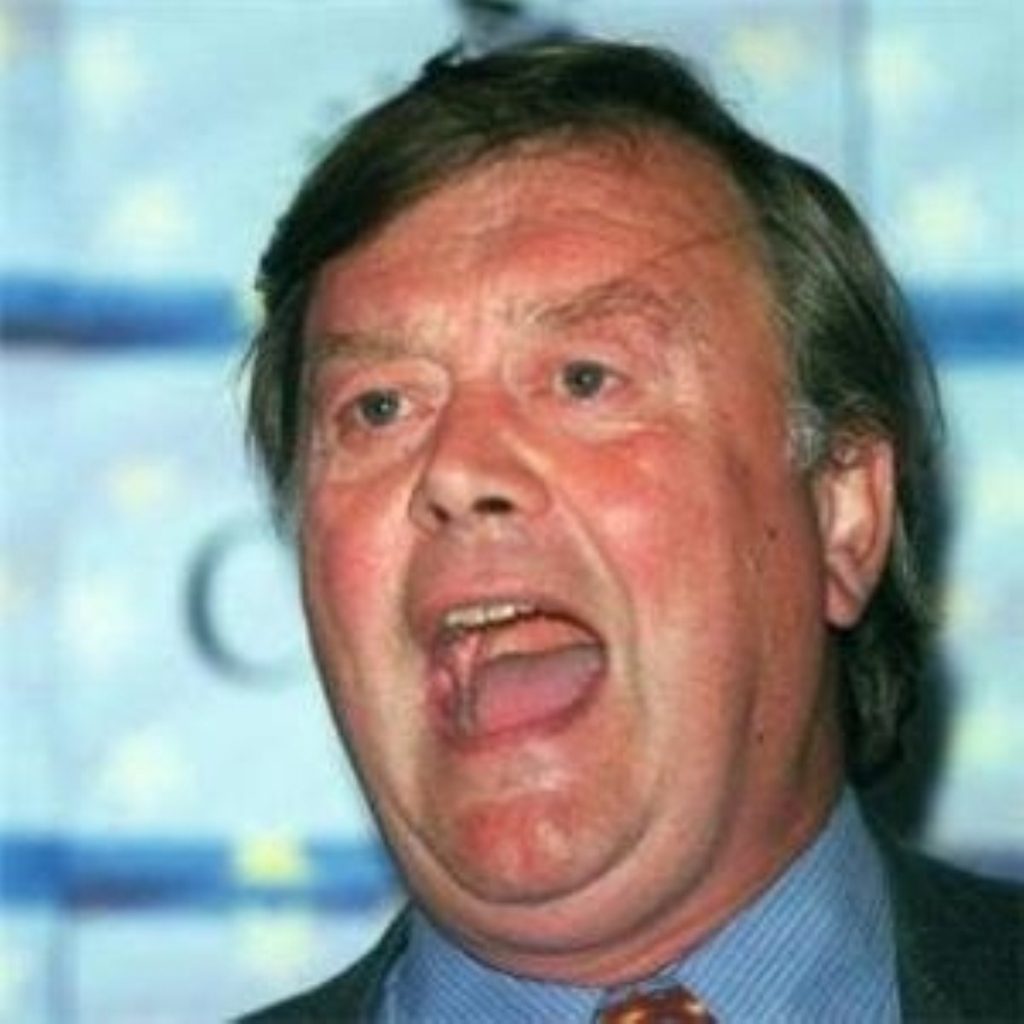Ken Clarke returns
By Ian Dunt
Former chancellor Kenneth Clarke is to make a return to the front bench in a Tory party reshuffle today.
Mr Clarke will be given the role of business secretary, replacing Alan Duncan – who has been tipped for a demotion for several weeks.
Alan Duncan has been made shadow leader of the Commons, opposite Harriet Harman.


Mark Francois remains shadow minister for Europe but now has a seat at the shadow Cabinet table.
He said he was “delighted” to return to the front line of British politics, and that his role was to create a “credible alternative government”.
He added: “It is going to be a historically important election, and I don’t want to sit on the sidelines – I want to be out on the pitch fighting for the change Britain needs.”
Mr Clarke praised current Conservative policies. “They have the right policies for dealing with the causes of the current economic crisis, and for restoring our economy to stability and growth,” he said.
Party leader David Cameron said: “I am pleased and proud that Ken Clarke has agreed to join my shadow Cabinet as part of George Osborne’s economic team.
“Ken was the last chancellor to lead this country out of recession. He has more experience of dealing with tough economic challenges than Gordon Brown¹s entire Cabinet.”
Political analysts have been predicting a return for Mr Clarke since the Tory party conference, when the weakness of the party’s response to the financial crisis became clear.
But Mr Clarke and party leader David Cameron remain divided in a small variety of policy areas. The former chancellor is staunchly pro-European, and has not backed down on the UK adopting the euro – despite the damage that belief has done to his political career within the party.
If sterling reaches breaking point – an entirely plausible possiblity – the Tory leadership would find those divisions coming to the fore, even if the party is prepared to paper over them now.
He also called for a VAT cut before the government undertook it, allowing Gordon Brown to point to Tory divisions during PMQs. Mr Brown will also make swift work of Mr Clarke’s opposition to tax cuts.
Asked what he thought of the former chancellor’s return during a press conference this morning, the prime minister made the most of those divisions.
“It’s good to have someone in the shadow Cabinet who is supportive of our policy on Europe, supportive of our policy on VAT and probably secretely supportive of many of our other policies,” he said.
The classic car lover was only convinced to return to the front bench of British politics yesterday, during a lunch with George Osborne, shadow chancellor, and Mr Cameron. He currently enjoys a well-renumerated post on the board of a British tobacco company, and hosts a jazz programme on the radio.
The role with British American Tobacco will also come under more significant scrutiny now Mr Clarke is firmly back in the public eye.
Bookmakers William Hill installed him as 4/1 to suceed Alistair Darling as chancellor, indicating the level of uncertainty over whether he will overshadow Mr Osborne.
“There seem to be plenty of people prepared to bet that Mr Cameron might allow Mr Clarke to out-rank George Osborne, if and when he is in a position to appoint a chancellor” said William Hill spokesman Graham Sharpe.
Mr Clarke brings several key talents to his post. His tenure as chancellor is very well regarded, with a consensus that he was pivotal in handing Labour a rosey economic situation when it came to power in 1997.
He also has the enviable ability – much like Liberal Democrat economics spokesman Vince Cable – to speak about complex economic problems in language the public can easily understand.









